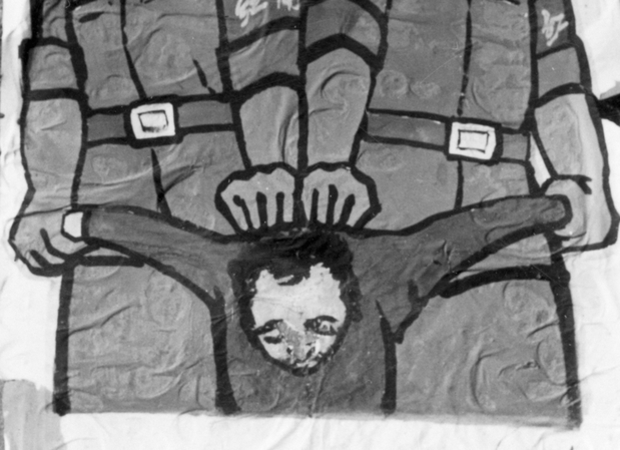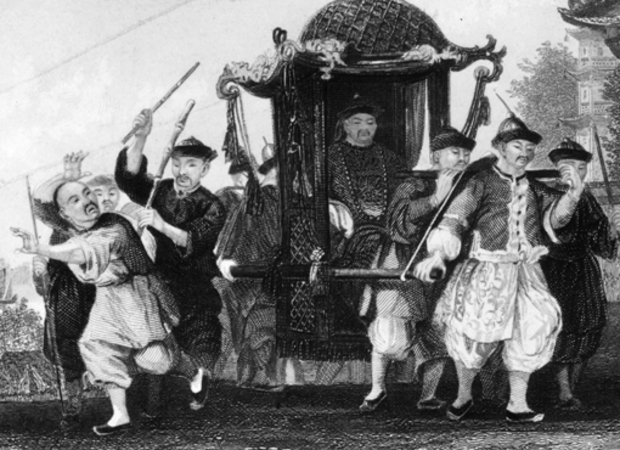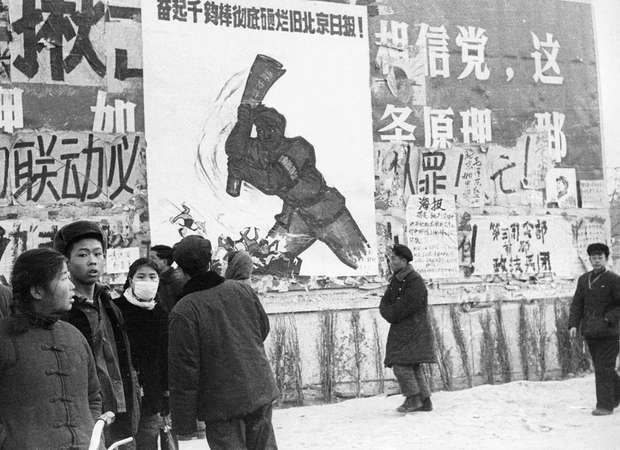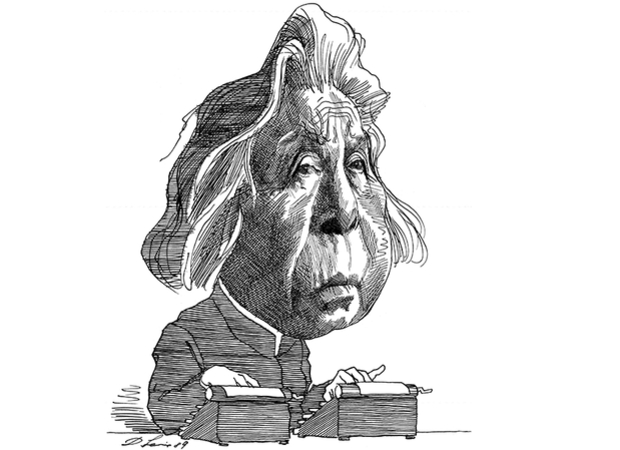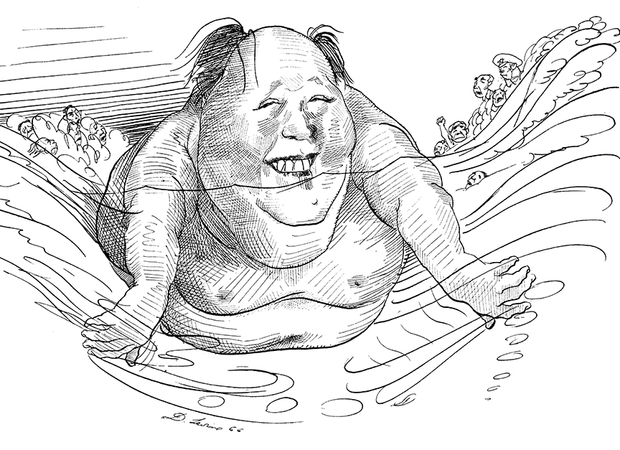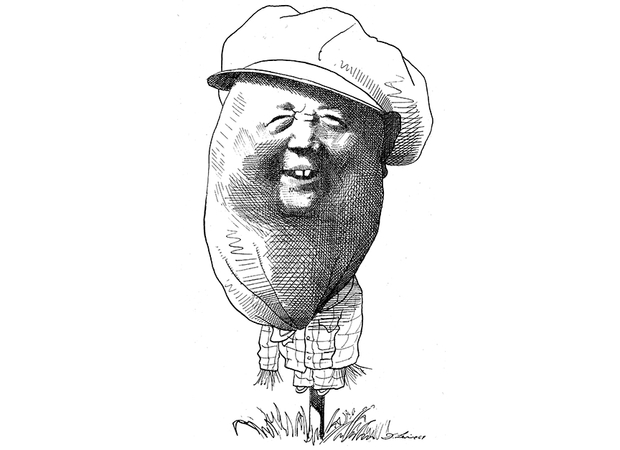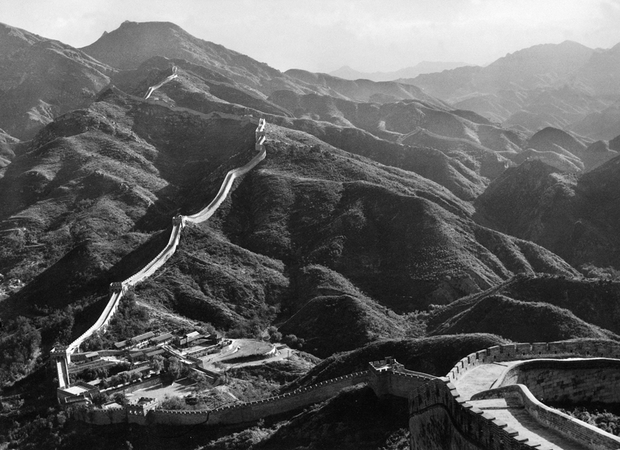The Mark of Cain
from New York Review of Books1.
In Hong Kong’s China Club, fashionable people have lunch beneath pictures of Mao Zedong after a drink in the Long March Bar. Most of the members are refugees from Mao or the children of refugees. In Russia, or Germany, or Cambodia,...




